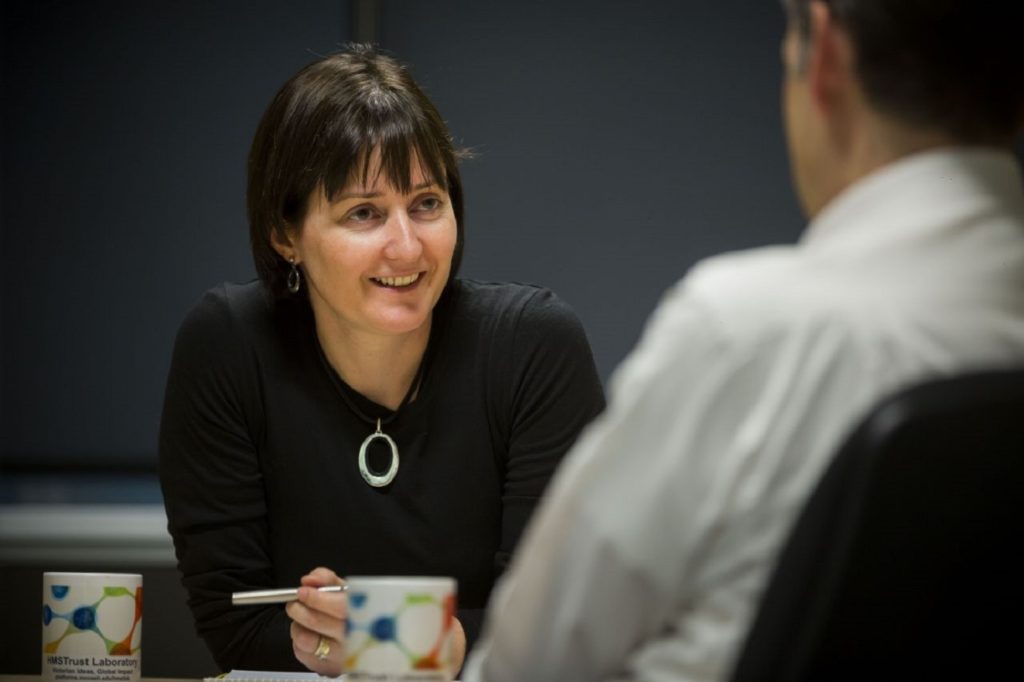Monash University has accelerated the development of novel medicine that is designed to prevent postpartum haemorrhage, the world’s leading cause of maternal mortality.
The Institute of Pharmaceutical Sciences at Monash University has entered into a research and development agreement with Janssen Pharmaceutica N.V. to advance the clinical development of inhaled oxytocin.
The novel form of oxytocin is an inhalable dry powder that does not require refrigeration and would be easy to use in developing countries, where postpartum haemorrhage continues to impact women during childbirth. The product could be used easily by frontline healthcare workers, birth attendants and mothers themselves.
Postpartum haemorrhage is a condition of excessive blood loss after childbirth and it results in an estimated 60,000 deaths per year in developing countries. Most of the deaths caused by postpartum haemorrhage are avoidable and are managed effectively in developed countries using oxytocin in an injectable form. There is limited access to quality oxytocin in low income, developing countries due to the need for refrigerated storage and trained healthcare workers to administer it.
Monash University’s research and development agreement with Janssen will enable a specialist team to quickly evaluate their dry powder form of oxytocin, and prepare for large-scale, international trials of the medicine.
Professor Michelle McIntosh, the project lead, said the medicine is urgently needed and has been uniquely designed for affordability and simplicity of use in resource constrained settings.
“Making an oxytocin inhaler a standard part of every midwife’s bag or including one in a safe birthing kit for expectant mothers, could be the difference between life and death for hundreds of thousands of women,” Professor McIntosh said.
“As we find ourselves in the clutches of a global pandemic, it’s been encouraging to see many positive instances of the private sector working together with academia to provide solutions to industry identified problems,” Professor McIntosh said.
The Victorian Medical Research Acceleration Fund will co-fund a clinical trial to confirm the safety and performance of the oxytocin product. If this trial is successful, there will be a large-scale efficacy study conducted across international sites, including in Australia and low-income countries with high need.
Professor McIntosh has been working on oxytocin research for years and was recognised by the US Secretary of State Hillary Clinton in 2011 for her efforts in the field of maternal healthcare. In 2013, she won The Australian Innovation Challenge Award and in 2014, she presented her work on inhlaed oxytocin at the United Nations General Assembly in New York.
She has also been awarded Monash University’s Vice-Chancellor’s award for Excellence in Research Impact (Economic and Social Impact) and in 2107, she won the National Foundation for Medical Research Innovation John Dixon Hughes Medal.

